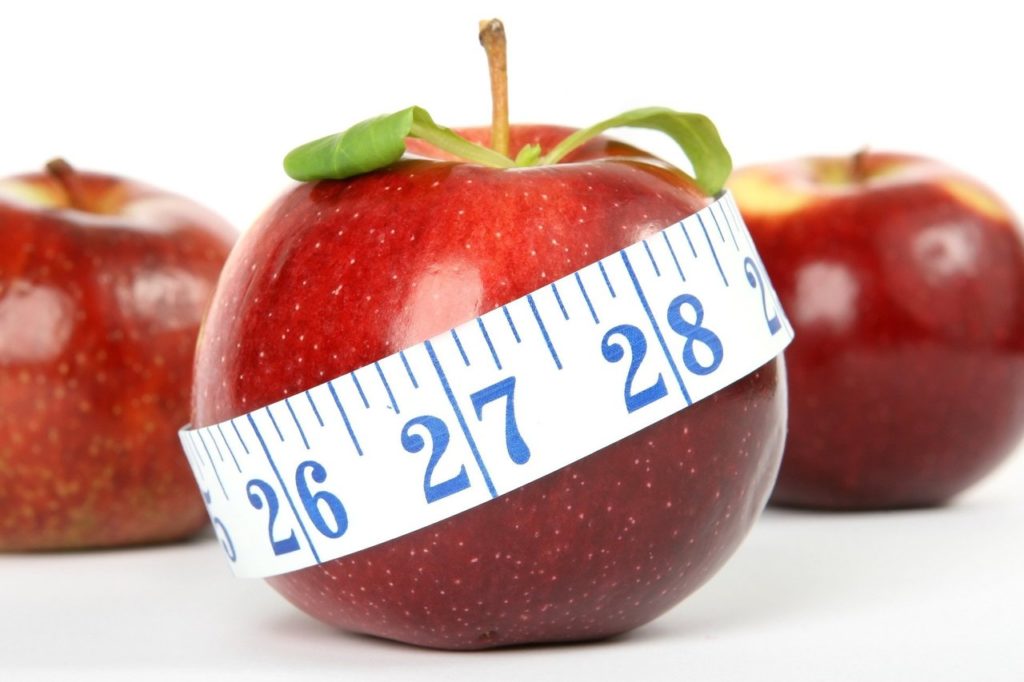Time-restricted eating, which restricts eating to specific hours of the day, did not impact weight among overweight adults with prediabetes or diabetes. Adults in the 12-week study ate the same healthy, pre-prepared foods, however, one group ate the bulk of their calories before 1 p.m. each day, versus the other group that ate 50% of their calories after 5 p.m.

Written content source by American Heart Association via Science Daily
Restricting meals to early in the day did not affect weight among overweight adults with prediabetes or diabetes, according to preliminary research to be presented at the American Heart Association’s Scientific Sessions 2020. The meeting will be held virtually, Friday, November 13 — Tuesday, November 17, 2020.
“We have wondered for a long time if when one eats during the day affects the way the body uses and stores energy,” said study author Nisa M. Maruthur, M.D., M.H.S., associate professor of medicine, epidemiology and nursing at Johns Hopkins University in Baltimore. “Most prior studies have not controlled the number of calories, so it wasn’t clear if people who ate earlier just ate fewer calories. In this study, the only thing we changed was the time of day of eating.”

Maruthur and colleagues followed 41 overweight adults in a 12-week study. Most participants (90%) were Black women with prediabetes or diabetes, and average age of 59 years. Twenty-one of the adults followed a time-restricted eating pattern, limiting eating to specific hours of the day and ate 80% of their calories before 1 p.m. The remaining 20 participants ate at usual times during a 12-hour window, consuming half of their daily calories after 5 p.m. for the entire 12 weeks. All participants consumed the same pre-prepared, healthy meals provided for the study. Weight and blood pressure were measured at the beginning of the study; then at 4 weeks, 8 weeks and 12 weeks.
The analysis found that people in both groups lost weight and had decreased blood pressure regardless of when they ate. Read more from Science Daily.
Follow more health and other related stories from News Without Politics





